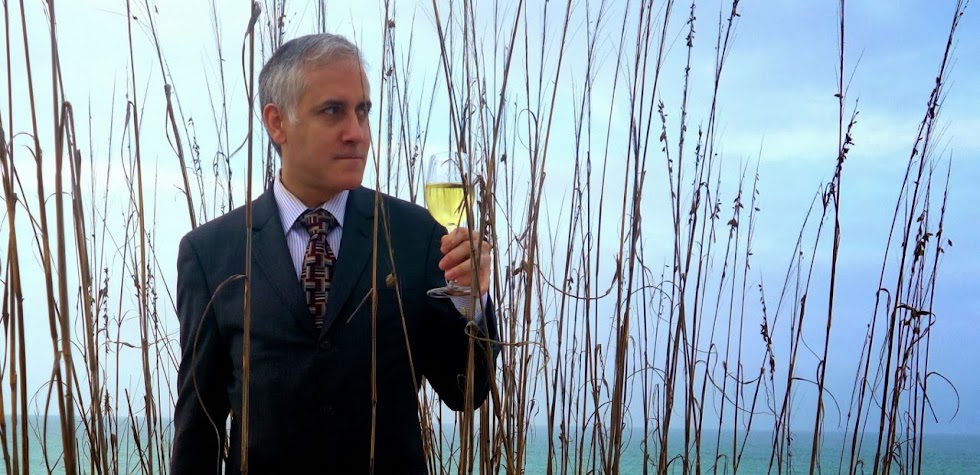It’s as though some dank and damp late October day you sent
someone down to the village seeking solace from members of the Berlin
Philharmonic. Only Schubert could assuage your Weltschmerz. To your castle they
sent their soloists: harpist Marie Pierre Langlamet, cellist Ludwig Quandt and
their guests Anna Prohaska, soprano and Lara St. John, violin. Such a
fantastical and improbable evening was seemingly captured in a beguiling
release from the Ancalagon label, sumptuously recorded and presented.
This recording belongs to Ms. Langlamet who plays
on on every selection. Appropriately opening with the three Gesänge des Harfners the harp’s
discretion invites a gloomy intimacy to Ms. Prohaska’s pure, sensitive tellings
of despair. The D major Violin Sonatina, with all of its noble restraint,
within the strictest of classical parameters paints a haunting world of ever
subtly changing moods and shades.


